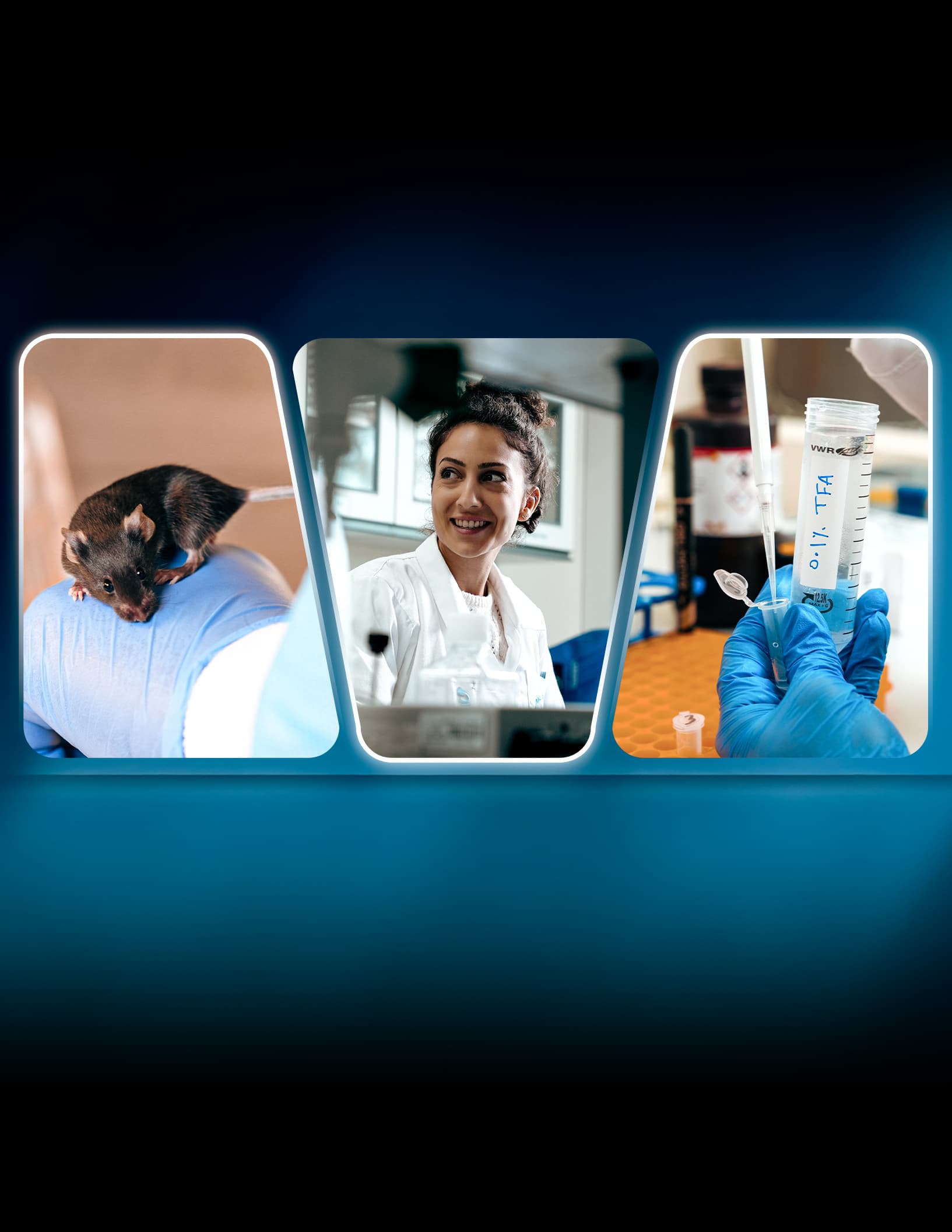About
Lines of Research
Highlights
Collaborations
Publications
Our Team
About
The Planetary Sciences Research Group at the University of Sharjah, in partnership with the Sharjah Academy for Astronomy, Space Sciences, and Technology (SAASST), is committed to advancing research and education in planetary and solar sciences. The group supports the University's MSc in Astronomy and Space Sciences by providing high-quality observational resources and fostering cutting-edge research in planetary systems and solar phenomena. It plays a key role in guiding graduate students toward specialized research in planetary sciences and contributes to academic excellence through collaborative projects, publications, and scientific engagement. The group also promotes public awareness and science education by organizing seminars, workshops, and outreach activities for students, educators, and the wider community.
Goals and Objectives
Goals:
- To position the University of Sharjah and SAASST as leading institutions in planetary and solar research at both regional and international levels.
- To contribute significantly to the scientific understanding of planetary systems and solar activity through advanced research and observation.
- To support and enhance the University’s postgraduate programs in astronomy and space sciences.
- To promote interdisciplinary collaboration in the fields of astrophysics, planetary science, and solar physics.
- To engage the public and academic community in space science education and outreach.
Objectives:
- Provide graduate students with high-quality research opportunities in planetary and solar sciences.
- Enhance the curriculum of the MSc in Astronomy and Space Sciences through practical research experiences.
- Publish research findings in reputable scientific journals and present at international conferences.
- Organize seminars, workshops, and public lectures to disseminate knowledge and raise awareness of space sciences.
- Foster partnerships with local and international research institutions for collaborative projects and knowledge exchange.
Lines of Research
The content will be available soon.
Highlights
- Development of Specialized Research Tracks: Successfully integrated planetary and solar sciences into the University of Sharjah’s MSc program in Astronomy and Space Sciences, offering students hands-on research opportunities.
- Active Research Publications: Produced impactful research published in peer-reviewed journals, focusing on topics such as solar activity, planetary atmospheres, and celestial mechanics.
- Regional Leadership in Solar Observation: Leveraged SAASST’s state-of-the-art solar observatory facilities to conduct continuous monitoring and analysis of solar phenomena. In Addition to Modulating the Solar cycle activities using numerical techniques.
- Graduate Student Mentorship: Supported and supervised multiple graduate theses, contributing to the advancement of space sciences in the Arab region.
- Public Outreach and Awareness: Organized widely attended seminars and public lectures, enhancing community understanding of planetary science and promoting STEM education.
- International Collaborations: Established partnerships with renowned institutions in Europe, Asia, and North America for joint research initiatives and academic exchange.
Events and Activities
- Scientific Seminars and Workshops: Regularly hosted seminars and technical workshops featuring leading experts in planetary sciences, solar physics, and space research.
- Graduate Research Support: Supervising and mentoring MSc students working on research projects related to planetary atmospheres, solar activity, and celestial dynamics.
- Collaborative Research Meetings: Internal and external meetings to discuss ongoing projects, new proposals, and partnerships with international institutions.
- Public Lectures and Educational Events: Outreach programs aimed at students, teachers, and the general public to foster scientific curiosity and raise awareness about space sciences.
- Observational Campaigns and Field Activities: Practical sessions and observation nights using university and SAASST facilities to support both research and educational goals.
- Participation in Scientific Conferences: Presenting research outcomes at national and international conferences to maintain academic visibility and engage with the global research community
Collaborations










